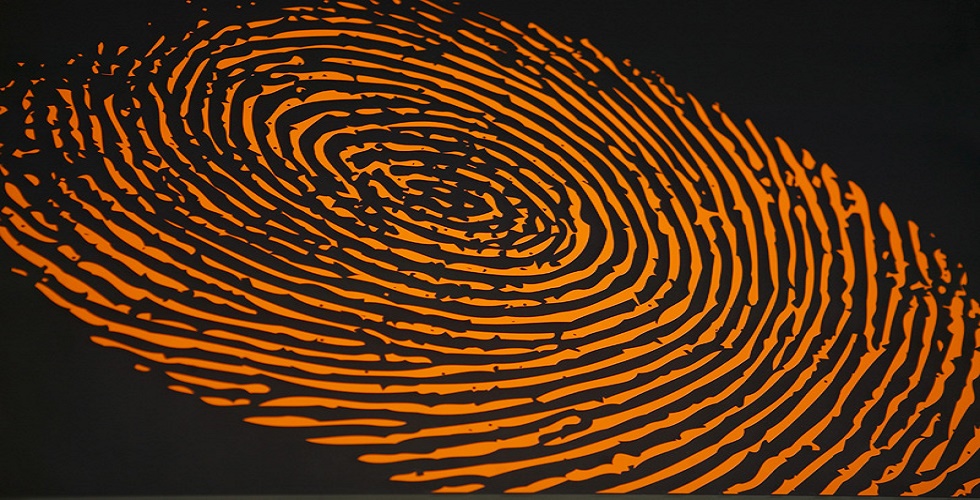
We, humans, are really giant symbiotic lifeforms, clouds of bacteria and other particles. Now scientists have looked a little closer at the differences between our microbial clouds.
Each human carries more bacterial cells than human cells, actually, we all carry ten times more bacteria than human cells. We are teeming with whole colonies of other organisms. And the fact is that we all release millions of particles every hour.
Now a team of American scientists has shown that we humans can be identified based on the signature of these particles we release. The traces we leave behind as we move around is unique to each individual – a sort of microbial fingerprint.
The researchers let 11 people sit still in a very clean room. They then gathered samples from surfaces and each person carried small cups with filters collecting particles from the surrounding air.
The team of researchers then looked at known bacteria present in our body and on our skin, repeated the procedure at a similar place where no subjects were present, and the analysis showed that where the subjects had been sitting, a unique combination of bacteria of bacteria and particles could be established.
The researchers now hope that this discovery could be used to obtain a better knowledge of how diseases are spread between people. It could perhaps also be a tool to be used in criminal investigations. Identifying people using their microbial fingerprint much the same way that DNA can be used to identify individuals.
The study and paper Humans differ in their personal microbial cloud has been published in PeerJ.
_______________
Humans differ in their personal microbial cloud
______________________________


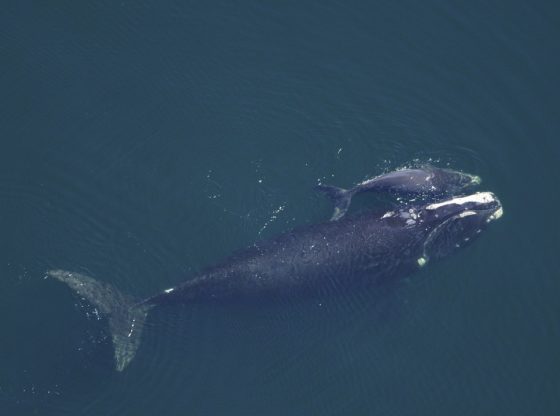
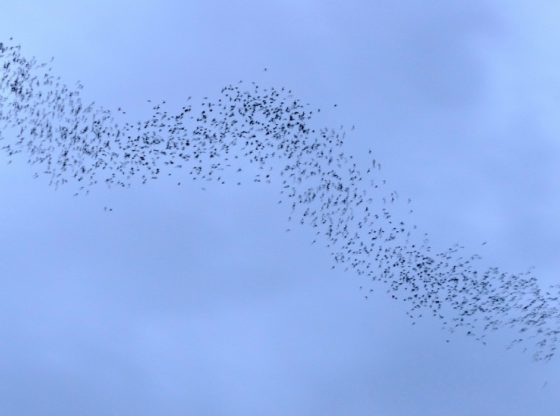
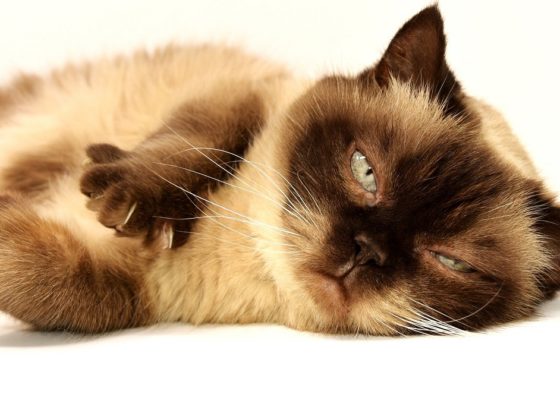

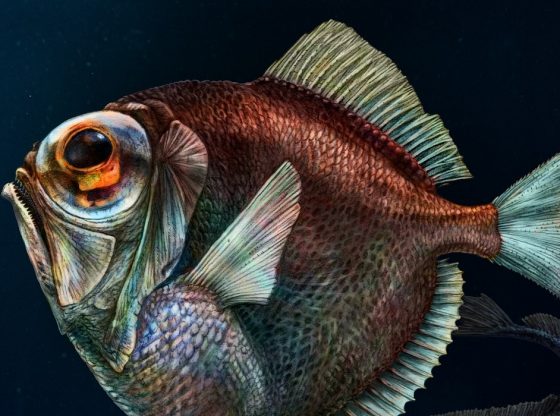
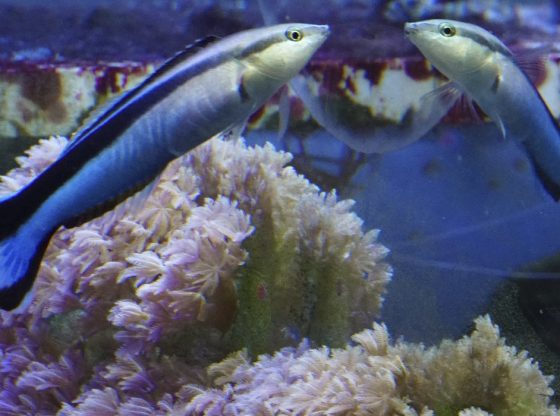



![OpenAI. (2025). ChatGPT [Large language model]. https://chatgpt.com](https://www.illustratedcuriosity.com/files/media/55136/b1b0b614-5b72-486c-901d-ff244549d67a-350x260.webp)
![OpenAI. (2025). ChatGPT [Large language model]. https://chatgpt.com](https://www.illustratedcuriosity.com/files/media/55124/79bc18fa-f616-4951-856f-cc724ad5d497-350x260.webp)
![OpenAI. (2025). ChatGPT [Large language model]. https://chatgpt.com](https://www.illustratedcuriosity.com/files/media/55099/2638a982-b4de-4913-8a1c-1479df352bf3-350x260.webp)








